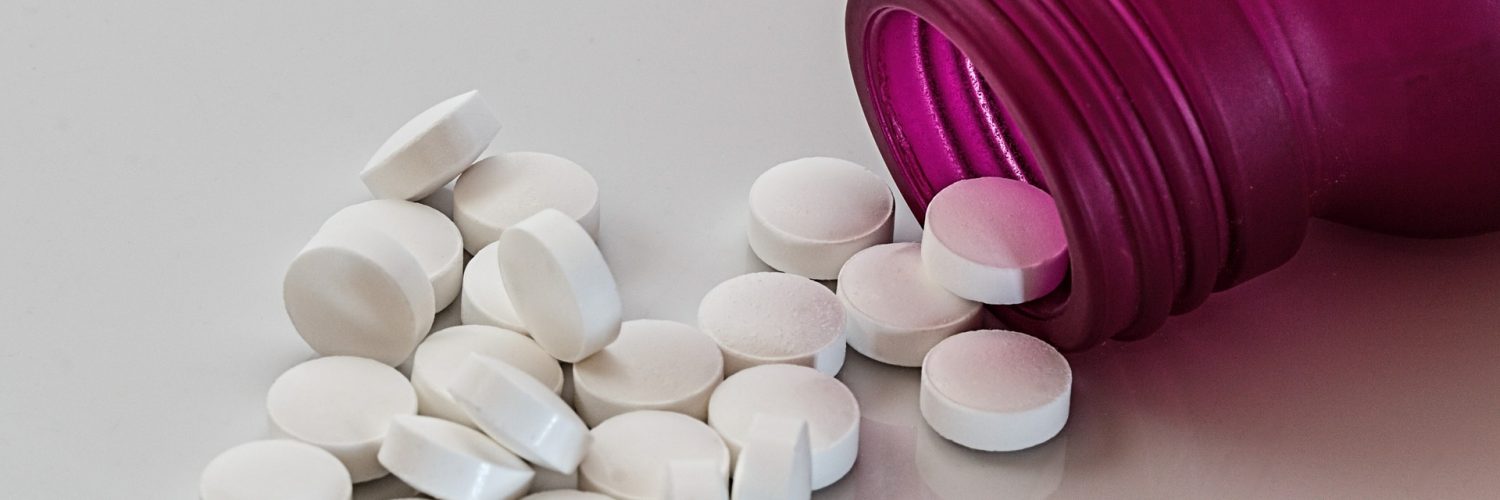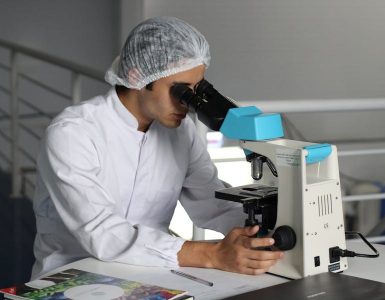The second National Prescription Drug Take Back Day of 2018 will be held this weekend.
Twice a year the U.S. Drug Enforcement Agency holds a Take Back Day to address public safety and public health issues created by the opioid epidemic, the next one is Oct. 27 from 10 a.m. to 2 p.m.
Started in 2016, Take Back Day is a day where Americans can “prevent drug addiction and overdose deaths.” According to the 2016 National Survey on Drug Use and Health, 6.2 million Americans have misused controlled prescription drugs.
The study reports that abused prescription drugs are mostly obtained from family and friends, often from home medicine cabinets.
“Too often, unused prescription drugs find their way into the wrong hands. That’s dangerous and often tragic,” the DEA wrote. “That’s why it was great to see thousands of folks from across the country clean out their medicine cabinets and turn in – safely and anonymously – a record amount of prescription drugs.”
The DEA has found that properly disposing of unneeded or expired prescription drugs can help prevent drug abuse and addiction.
Arizona has been at the forefront of helping end the opioid epidemic. In January, Governor Doug Ducey signed the Arizona Opioid Epidemic Act into law, which takes aggressive steps to address opioid addiction, hold bad actors accountable, expand access to treatment, and provide life-saving resources to first responders, law enforcement, and community partners.
In March, the Arizona Department of Health Services and the Poison and Drug Information Centers of Arizona joined forces to offer the country’s first 24/7 opioid helpline for Arizona residents and health care providers.
There are also multiple entities in Arizona, including the city of Phoenix, Tucson Medical Center, and Cochise County, that have all joined in lawsuits to sue opioid manufacturers.
Thanks to increased efforts such as Take Back Day, companies around the country are putting money and resources towards ending the opioid crisis.
Google worked with the DEA to create a locator tool that allows individuals to find locations near them where they can safely dispose leftover prescription medications with no questions asked.
In April, the company behind the popular search engine “announced a $750 thousand matching gift campaign to boost the Parent Helpline for the Partnership for Drug-Free Kids. This service provides free counseling and advice to parents who need help addressing the many challenges of a child’s substance use. So far, this campaign has driven $1 million of additional resources to the Helpline.”
In May, Google updated their ads policy to “restrict advertising for addiction treatment services for drug and alcohol addiction. Now U.S. advertisers must be certified by LegitScript in order to advertise their services with Google, which will help ensure that those needing help are not taken advantage of by scammers.”
And in June, Google joined a partnership that included the White House and Truth Initiative where they committed $5 million to the Ad Council for an opioid awareness campaign to reach young adults about the dangers of opioid addiction.
CVS Health
CVS Health assists local law enforcement in support of Take Back Day on top of increasing the public’s access to safe disposal options year-round by installing more than 500 disposal units in multiple states. The pharmacy has also donated 900 units to local law enforcement agencies through its Medication Disposal for Safer Communities program.
CVS created the Pharmacist Teach Program, where pharmacists educate students across the United States about the dangers of prescription drug abuse, including opioids. In April, the company’s pharmacists had educated more than 300,000 students.
The pharmacy also expanded access to naloxone, the lifesaving drug that blocks opioid receptor sites and reverses the effects of an overdose. Patients can get naloxone without individual prescriptions.
CVS has empowered their pharmacists to identify physicians who are exhibiting extreme patterns of prescribing high-risk drugs as well as advocating policy changes to curb prescription drug abuse at both the state and federal level. The pharmacists can also refuse to fill prescriptions they feel are not being used for legitimate reasons.
Walgreens
Walgreens has created multiple initiatives to help combat opioid abuse.
The pharmacy created a safe medication disposal program and as of April it had collected and disposed of more than 270 tons of medications since 2016.
Their stores have installed more than 600 safe medication disposal kiosks across the United States to allow individuals to safely and conveniently dispose of their prescriptions. The company also participates in Take Back Day by partnering with local law enforcement agencies to collect medications.
Walgreens holds naloxone at locations across the United States that is available to individuals without a prescription and has started the #ItEndsWithUs campaign as a part of WE Day, a day that motivates young people in their desire to take action and celebrates their impact. The initiative is used to help prevent teenagers from abusing opioids.
Walmart
The retail company is attempting to help curb opioid abuse by offering the free opioid disposal solution, DisposeRx, in all their U.S. Walmart and Sam’s Club pharmacies. The packet contains ingredients that when emptied into a pill bottle with warm water enables patients to responsibly dispose of leftover medications in their trash.
The pharmacies will “restrict initial acute opioid prescriptions to no more than a seven-day supply, with up to a 50-morphine milligram equivalent maximum per day.” Walmart and Sam’s Club will also require e-prescriptions for controlled substances.
Walmart and Sam’s Club have given pharmacists access to and use NarxCare, an analytics tool and care management platform that helps prescribers and dispensers analyze real-time controlled substance data and manage substance use disorder, their pharmacists will provide naloxone recommendations, and the company will conduct additional training and education on opioid stewardship for its pharmacists.
All of which are part of the Walmart Opioid Stewardship Initiative.
For more information on National Prescription Drug Take Back Day and the disposal locations near you click here. For information on how to host a Take Back Day event click here.
















Add comment